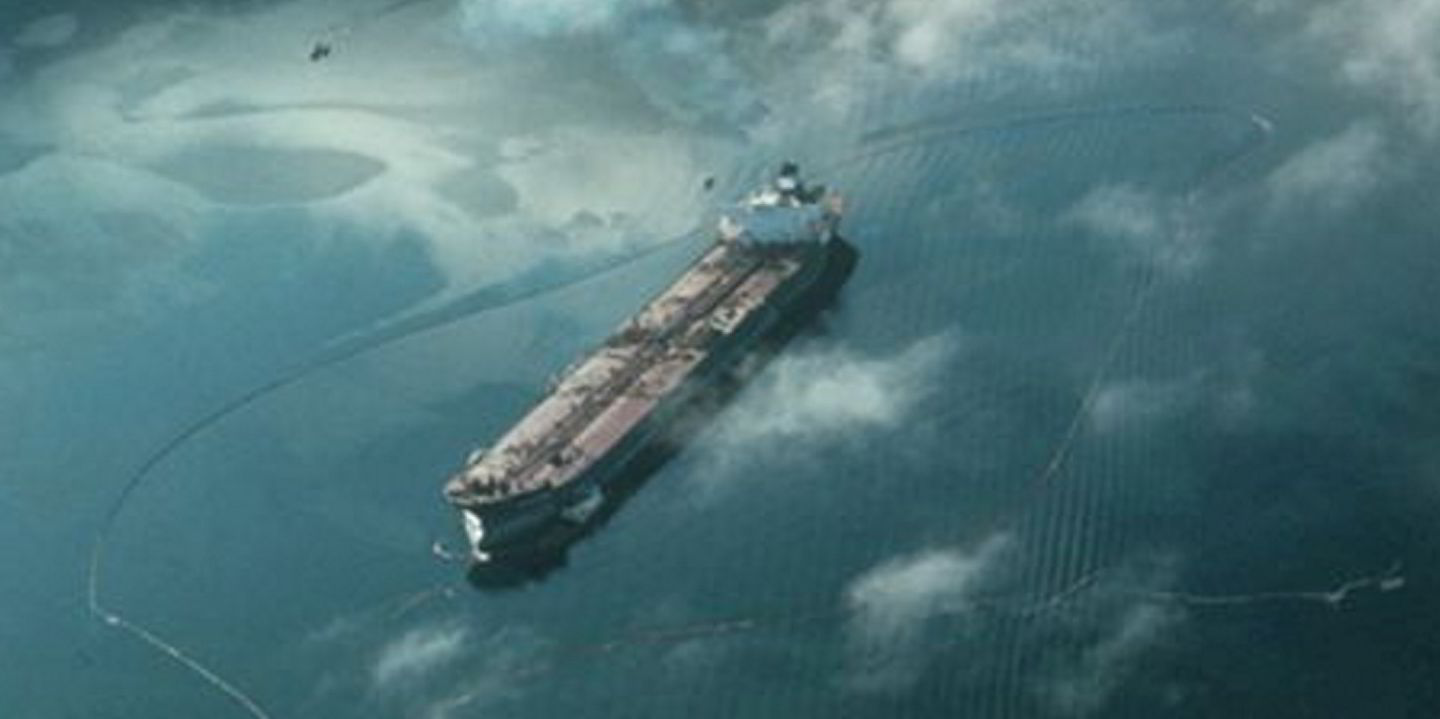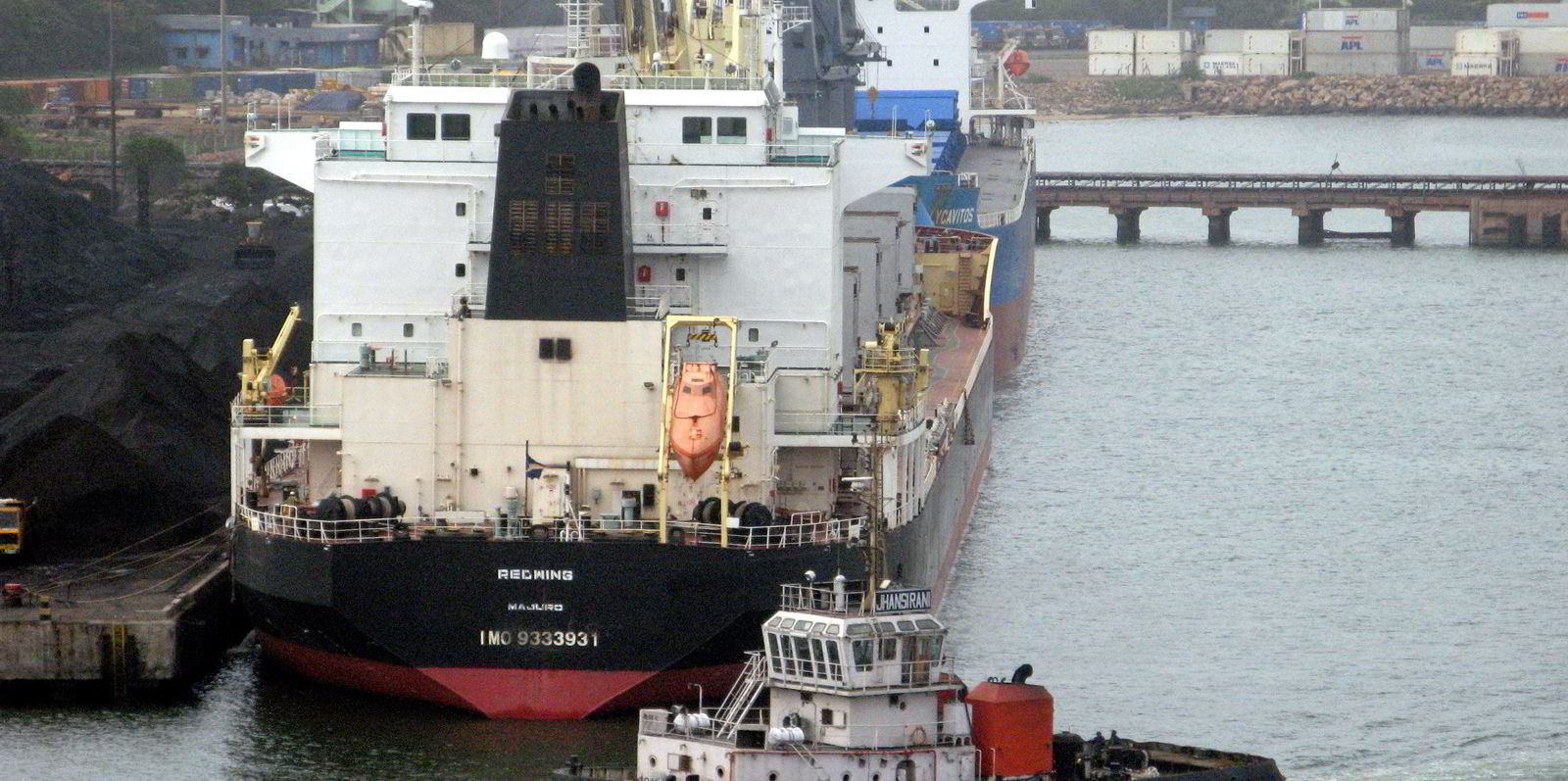In January, India made global headlines when the New Delhi shipping authorities announced they would ban ships above 25 or 30 years from entering its ports with immediate effect.
Most observers missed the significance of the measure and dismissed it for having a limited impact on reducing global emissions.
On the one hand, they are right. In 2019, the 385 now-banned vessels emitted only about 3.3m tonnes of CO2 globally and we do not know whether these ships will be resold to other countries or scrapped altogether.
One country banning some older ships will hardly change the course of the fossil fuel-addicted shipping industry.
But on the other hand, if those 385 old ships are replaced with new more-efficient vessels, this would reduce by 20% the emissions of the seaborne trade previously carried by those old 385 vessels.
And this is likely to happen considering that 7% of all ships visiting India’s shores will no longer be allowed to enter its ports, ultimately forcing shipping companies to adapt their global operations and not only voyages to India.
Consider that 7% of all ships visiting India’s shores will no longer be allowed to enter its ports
This shows the role that individual countries can play on the global stage. India’s new law, for example, may prompt other nearby countries to stop using ships that cannot stop in a country that is home to one of the highest number of ports.
India is also serving as an example of positive leadership for the global south.
India’s new law follows the European Union’s new rules that will price carbon emissions from ships and require shipowners to invest in clean shipping fuels.
The package is more complex and ambitious than India’s, but follows the same logic: every country can play its part in cleaning up the industry.
With 42% of the world’s large international shipping fleet visiting European ports every year, shipping companies around the globe will have no choice but bring solutions to the table. They will have to invest in new fuels or energy-saving technologies, which will be found on ships worldwide.

Recently, South Korea also stepped up its game, announcing that all South Korean-flag ships will be zero emissions by 2050, with intermediate targets for 2030 and 2040.
While this measure appears only to apply to South Korean national vessels, South Korean ships will also sail to other parts of the world, potentially driving up demand for renewable fuels elsewhere.
Not every country or bloc will have the administrative capacity to implement a carbon market or mandate green fuels. But the EU’s regulations certainly offer a blueprint for other wealthy countries to copy and paste into domestic law.
If 27 different — and often bickering — European capitals can agree on legislation, why can’t the US, Australia, Japan or South Korea do the same?
National green shipping policies are often dismissed with the argument that there’s no point in making a law for a global industry that cannot be simply regulated locally.
Global vs regional: the eternal battle
But individual nations have complete jurisdiction under international law to regulate foreign vessels calling at their ports and there is no reason to believe they cannot do this successfully.
Just look at the history of double-hulled tankers: after the catastrophic Exxon Valdez disaster, the US unilaterally banned single-hulled tankers from visiting US ports. That paved the way for the rest of the world to adapt, and then adopt the same regulation.
This is the mentality countries need to deal with shipping’s climate problem. With its shipping climate package, the EU is leading the way to get green fuels and technologies on the water. And by limiting the older polluting ships, India has shown that individual states can act for their own citizens and the global climate.
Chiara Mingozzi is a junior shipping policy
analyst at clean transport campaign
group Transport & Environment
Do you have an opinion to share?
Email: news@tradewindsnews.com





